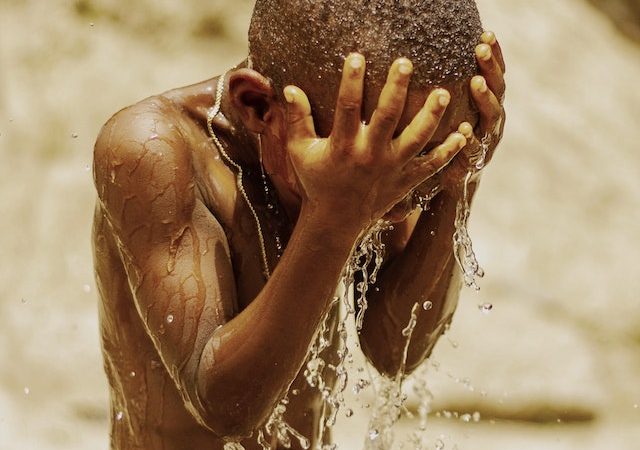Introduction: Childhood trauma can have a profound impact on our lives, shaping our thoughts, emotions, and behaviors well into adulthood. However, understanding and coping with childhood trauma is the first step towards healing and reclaiming our well-being. This guide provides insights into the nature of childhood trauma, its effects, and practical coping strategies to support
Introduction: Childhood trauma can have a profound impact on our lives, shaping our thoughts, emotions, and behaviors well into adulthood. However, understanding and coping with childhood trauma is the first step towards healing and reclaiming our well-being. This guide provides insights into the nature of childhood trauma, its effects, and practical coping strategies to support your journey towards healing and resilience.
- Understanding Childhood Trauma: Educate yourself about the different forms of childhood trauma, such as physical, emotional, or sexual abuse, neglect, or witnessing violence. Recognize that trauma can occur at any age and its impact can be long-lasting. Understanding the nature and causes of childhood trauma helps validate your experiences and lays the foundation for healing.
- Acknowledge the Impact of Trauma: Recognize and validate the impact of childhood trauma on your life. Understand that trauma can affect various aspects, including mental health, relationships, self-esteem, and overall well-being. Acknowledging the impact of trauma is a crucial step towards self-compassion and seeking support.
- Seek Professional Help: Consider seeking professional help from therapists or counselors who specialize in trauma. They can provide a safe and supportive space for you to process your experiences, develop coping skills, and work through the effects of childhood trauma. Trauma-informed therapies, such as Cognitive-Behavioral Therapy (CBT) or EMDR, can be effective in addressing trauma-related symptoms.
- Build a Support Network: Connect with supportive individuals who understand and validate your experiences. This can include friends, family members, support groups, or online communities. Sharing your journey with others who have similar experiences can provide a sense of belonging, empathy, and support. Building a support network helps counteract the isolation often associated with childhood trauma.
- Practice Self-Care: Prioritize self-care as a fundamental aspect of healing. Engage in activities that promote your physical, emotional, and mental well-being. This may include exercise, meditation, journaling, creative outlets, spending time in nature, or engaging in hobbies that bring you joy. Self-care nourishes your resilience and helps you cope with the challenges of healing.
- Develop Coping Strategies: Identify and develop healthy coping strategies to manage the emotional and psychological impact of childhood trauma. This can include deep breathing exercises, grounding techniques, mindfulness, or seeking professional guidance to learn specific coping skills. Experiment with different strategies to find what works best for you.
- Challenge Negative Beliefs: Childhood trauma often leads to negative beliefs about oneself, others, and the world. Challenge and reframe these beliefs by examining evidence that contradicts them. Engage in positive self-talk, practice self-compassion, and seek therapy to work through distorted beliefs. Challenging negative beliefs supports your healing process.
- Practice Emotional Regulation: Childhood trauma can lead to difficulties in regulating emotions. Learn and practice emotional regulation techniques such as deep breathing, mindfulness, or seeking support from trusted individuals. Developing emotional regulation skills empowers you to navigate challenging emotions and promotes overall well-being.
- Create a Safe Environment: Establish a safe and nurturing environment for yourself. This may involve setting boundaries, creating a peaceful physical space, or seeking support to address any ongoing unsafe situations. Creating a safe environment allows for healing and fosters a sense of security and stability.
- Embrace the Healing Journey: Remember that healing from childhood trauma is a process. Embrace the journey with patience and self-compassion. Celebrate each small step forward and recognize your resilience. Surround yourself with positivity, engage in activities that promote growth and self-discovery, and believe in your ability to heal and create a fulfilling life.
Conclusion: Understanding and coping with childhood trauma is a courageous and transformative journey. By understanding the nature of trauma, seeking professional help, building a support network, practicing self-care, developing coping strategies, challenging negative beliefs, practicing emotional regulation, creating a safe environment, and embracing the healing journey, you can move towards healing, resilience, and a brighter future. Remember, you deserve love, support, and healing, and with time and self-compassion, you can reclaim your life and thrive beyond the impact of childhood trauma.

















Leave a Comment
Your email address will not be published. Required fields are marked with *